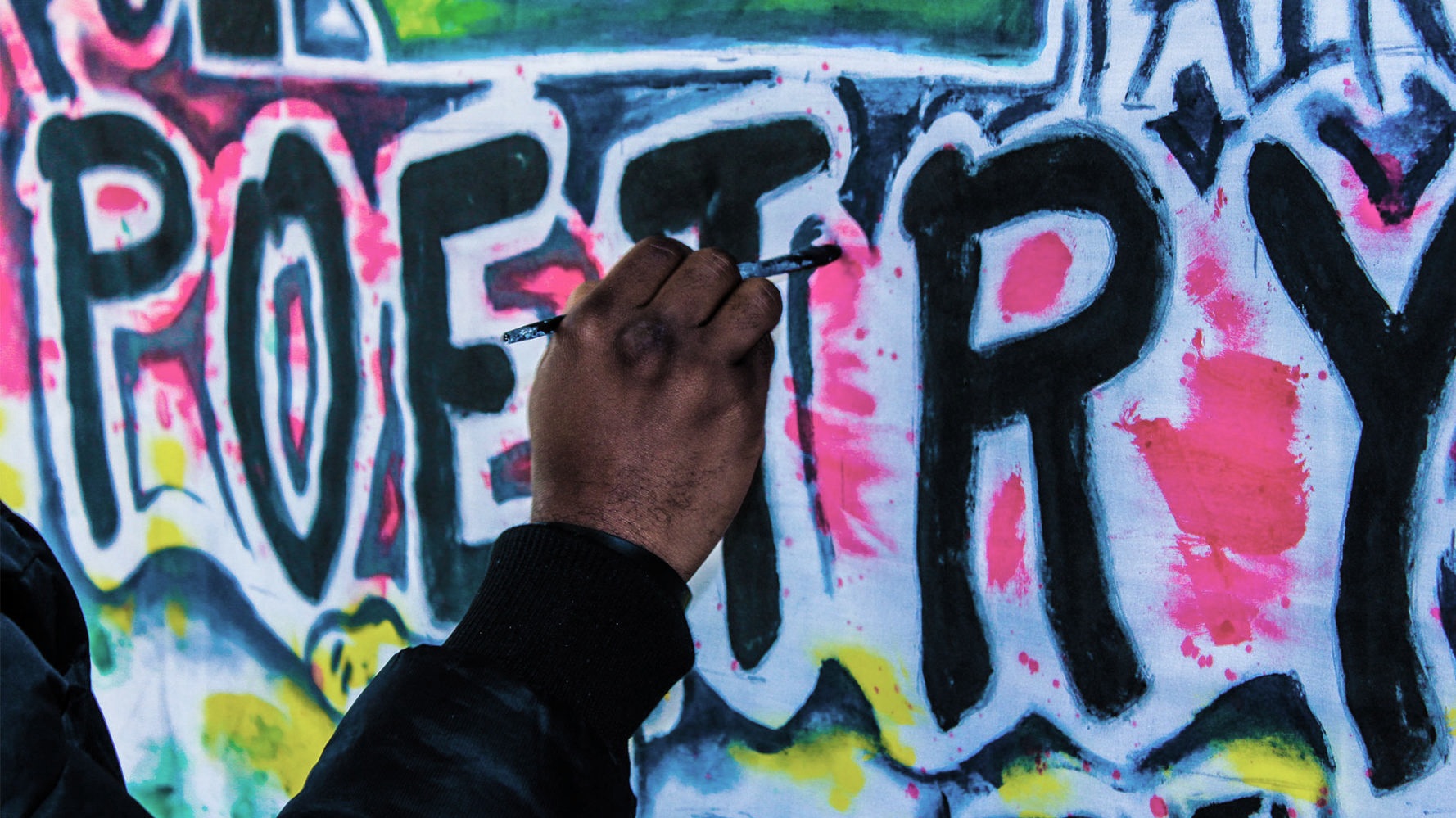 Image 1 of
Image 1 of


Not Your Mama's Sonnet
Dates: Any
Format: Independent Study (more info)
Sonnet means “little song.” In the introduction to The Penguin Book of the Sonnet, Phillis Levin calls the sonnet “a monument of praise, a field of play, a chamber of sudden change.” This fourteen-line form provokes, polarizes, and galvanizes people. After the Renaissance, the sonnet became the unpopular kid at the party until the Romantics revived it in the 19th century. In the early 20th century, poets used the sonnet as a wrestling ring in which to test their mettle. In the 1980s, Diane Wakowski equated the writing of a sonnet with fascism. Since then, poets have been testing the sonnet's subversive potential, indicting from within the form's problematic legacy.
In this four-module independently-paced workshop, you’ll learn about the Italian and English sonnets, the curtal sonnet, the Spenserian sonnet, and the sonnetoid, any poem of fourteen lines.
Shortly after you Add to Cart, you will receive an email containing an invitation to create an account and begin learning. Note: This class does not include feedback or interaction with the instructor or other learners, and is accessible for thirty days. If more time is needed, just contact us.
Dates: Any
Format: Independent Study (more info)
Sonnet means “little song.” In the introduction to The Penguin Book of the Sonnet, Phillis Levin calls the sonnet “a monument of praise, a field of play, a chamber of sudden change.” This fourteen-line form provokes, polarizes, and galvanizes people. After the Renaissance, the sonnet became the unpopular kid at the party until the Romantics revived it in the 19th century. In the early 20th century, poets used the sonnet as a wrestling ring in which to test their mettle. In the 1980s, Diane Wakowski equated the writing of a sonnet with fascism. Since then, poets have been testing the sonnet's subversive potential, indicting from within the form's problematic legacy.
In this four-module independently-paced workshop, you’ll learn about the Italian and English sonnets, the curtal sonnet, the Spenserian sonnet, and the sonnetoid, any poem of fourteen lines.
Shortly after you Add to Cart, you will receive an email containing an invitation to create an account and begin learning. Note: This class does not include feedback or interaction with the instructor or other learners, and is accessible for thirty days. If more time is needed, just contact us.
Dates: Any
Format: Independent Study (more info)
Sonnet means “little song.” In the introduction to The Penguin Book of the Sonnet, Phillis Levin calls the sonnet “a monument of praise, a field of play, a chamber of sudden change.” This fourteen-line form provokes, polarizes, and galvanizes people. After the Renaissance, the sonnet became the unpopular kid at the party until the Romantics revived it in the 19th century. In the early 20th century, poets used the sonnet as a wrestling ring in which to test their mettle. In the 1980s, Diane Wakowski equated the writing of a sonnet with fascism. Since then, poets have been testing the sonnet's subversive potential, indicting from within the form's problematic legacy.
In this four-module independently-paced workshop, you’ll learn about the Italian and English sonnets, the curtal sonnet, the Spenserian sonnet, and the sonnetoid, any poem of fourteen lines.
Shortly after you Add to Cart, you will receive an email containing an invitation to create an account and begin learning. Note: This class does not include feedback or interaction with the instructor or other learners, and is accessible for thirty days. If more time is needed, just contact us.
Crafted By






